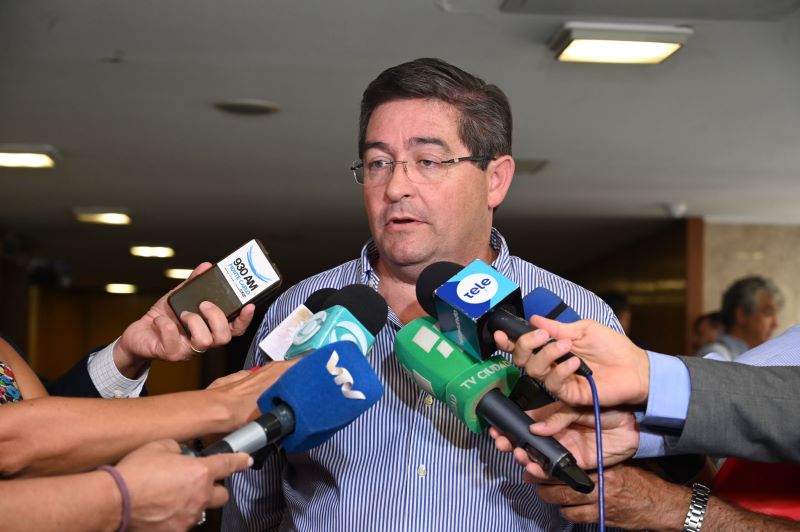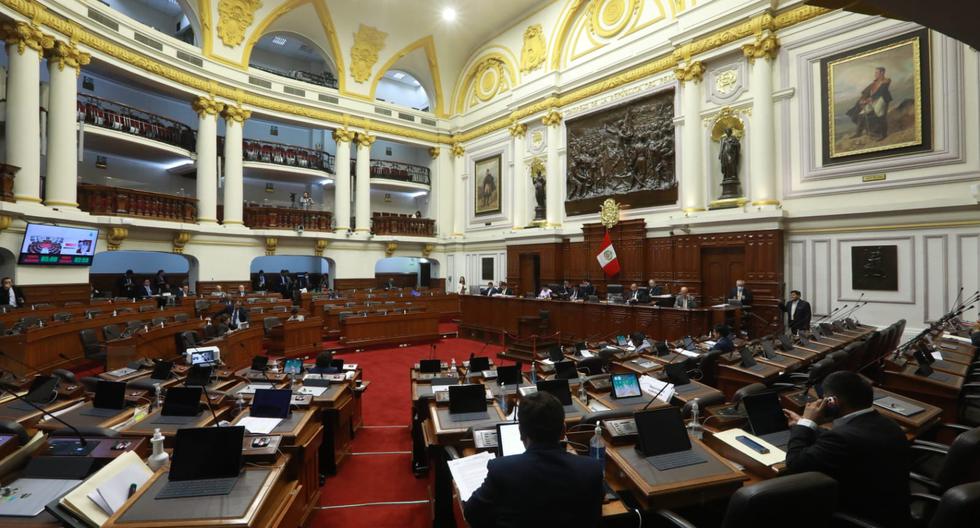The cost of livingthe debt and the inflation are the three main risks that the Dominican Republic has, identified in a global survey carried out by the World Economic Forum.
The Executive Opinion Survey was conducted between April and September 2022 in order to complement the data from the Global Risk Perception Survey, a survey that supports the Global Risks Report 2023 Posted yesterday on the forum.
For this survey, the risks that represent the most serious threat to each country during the next two years were identified, as identified by more than 12,000 business leaders in 121 countries.
The five risks The resulting results for the Dominican Republic are:
- cost of living crisis (significant inability of large sectors of the population to maintain their current lifestyle due to increases in the cost of essential goods that do not correspond to an increase in real household income)
- debt crisis (corporate or public finance struggles to pay off debt buildup, resulting in bankruptcies or mass insolvencies, liquidity crises or defaults, and sovereign debt crises)
- Rapid and/or sustained inflation
- Natural disasters and extreme weather events (loss of human life, damage to ecosystems, destruction of property and/or financial loss on a global scale due to extreme weather events)
- Severe shocks in commodity prices
“The cost of living dominates global risks in the next two years, while the failure of the climate action dominates the next decade”, says the Economic Forum in its Global Risks Report 2023.
family risks
As the year begins, the forum notes that the world faces a number of risks that “feel brand new and strangely familiar”.
“We have seen a return of the ‘old’ risks: inflationcrisis of cost of livingtrade wars, capital outflows from emerging markets”, among others, he indicates.
In his report, he warns that many global risks have the potential to impact economies and societies in a similar way, with similar consequences. He cites, for example, the cyber attacksthe social unrest or the Extreme weather.
For the forum, this is the year of “polycrisis”in which the risks they are more interdependent and mutually damaging than ever.
“In a perspective of complex risks, there must be a better balance between national preparation and global cooperation,” he concludes. “Leaders must embrace complexity and act with a balanced vision to create a stronger and more prosperous shared future.”















